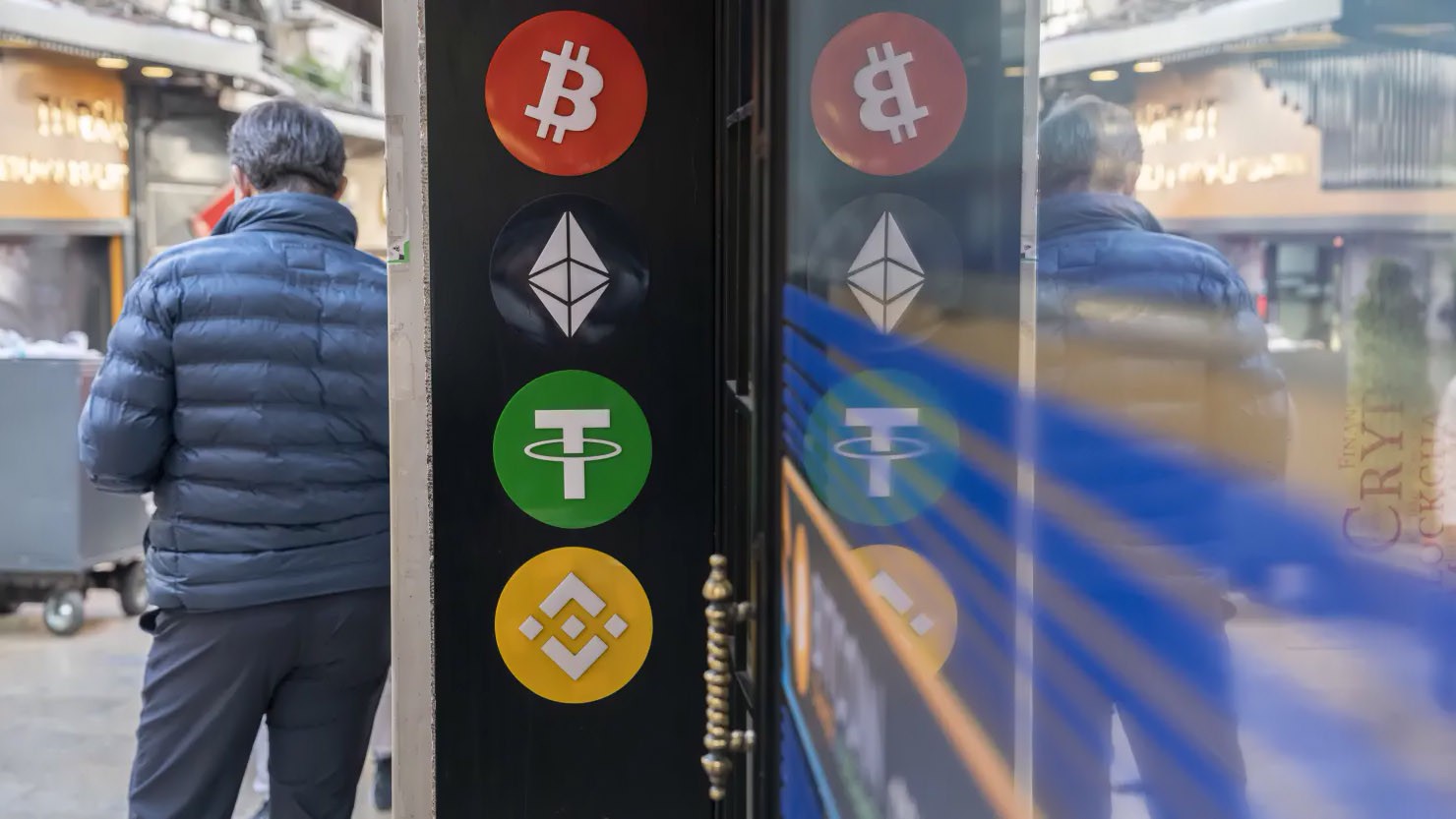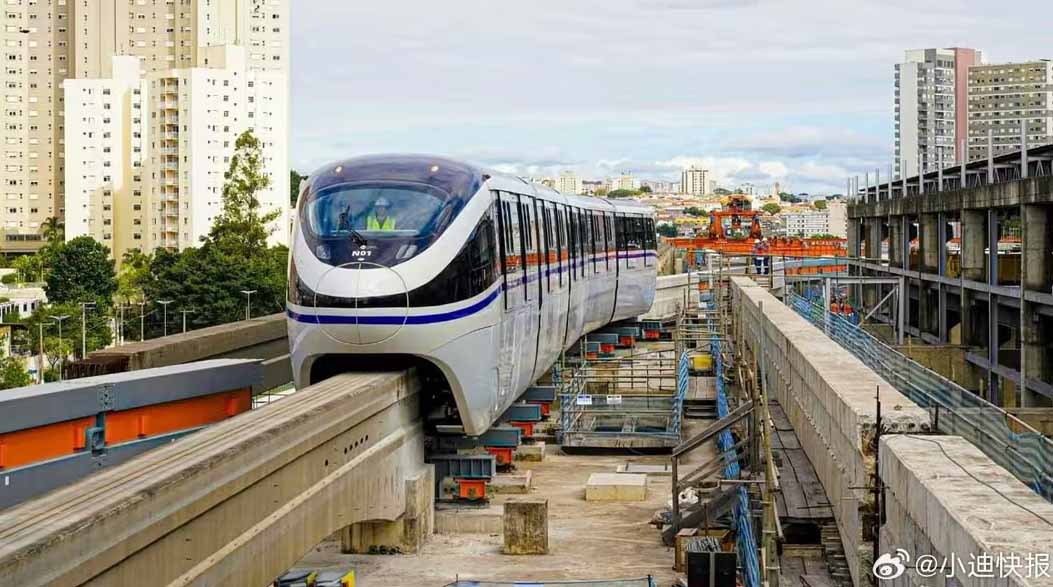Xiaomi has introduced a new infrastructure project aimed at improving the living conditions of young professionals — Xiaomi Youth Apartments. The first residential complexes have been launched in Beijing and Nanjing, offering rental housing with integration into the company's digital ecosystem and close proximity to its industrial and technology centers.
The project is aimed at junior and middle-level employees who need affordable and modern housing within walking distance from work. The average rental price is about $ 280 per month — a level significantly lower than market prices for similar housing in the metropolitan area.

In Beijing, the residential complex is located in Changping District, on Dingxi Street, and includes seven buildings with a total of 2,658 studios. Each apartment-with an area of 29 square meters-is equipped with an individual bathroom, a basic set of furniture and an ecosystem of Xiaomi smart devices. The interior of the complex includes communal kitchens, gyms, media entertainment area and landscaped green areas.
Xiaomi's main technology Park is less than 10 km away, while Smart Industrial Park is 3 km away. A shuttle service is available for residents. Additional services include a 24-hour concierge service and a mobile application that allows you to solve everyday issues: from moving to maintaining an apartment or receiving parcels.
In Nanjing, the project is implemented in the Hexi South CBD area. A residential block of 566 apartments has been built there, 100 meters from Xiaomi Nanjing Tech Park. The apartments are offered in two versions: studios and one-bedroom apartments with an area of up to 55 square meters.
The initiative coincides with the company's personnel program for 2025, which plans to employ more than 5,000 young professionals, including personnel for automotive production and engineering departments. Xiaomi management emphasizes that a comfortable environment and proximity of housing to the workplace are important conditions for retaining talent and increasing productivity in high-tech teams.
The project fits into a broader strategy of "smart urbanization" and vertical integration: housing becomes not just a social bonus, but part of a connected digital environment, where the management of household functions is implemented through the Xiaomi ecosystem — from climate control to security and notifications.
In the future, we are considering scaling the project to other regions with a high concentration of Xiaomi personnel. The company is testing the format as a model of modern corporate housing in cities with growing rental costs and population density.












